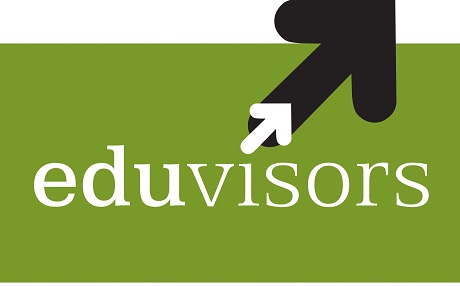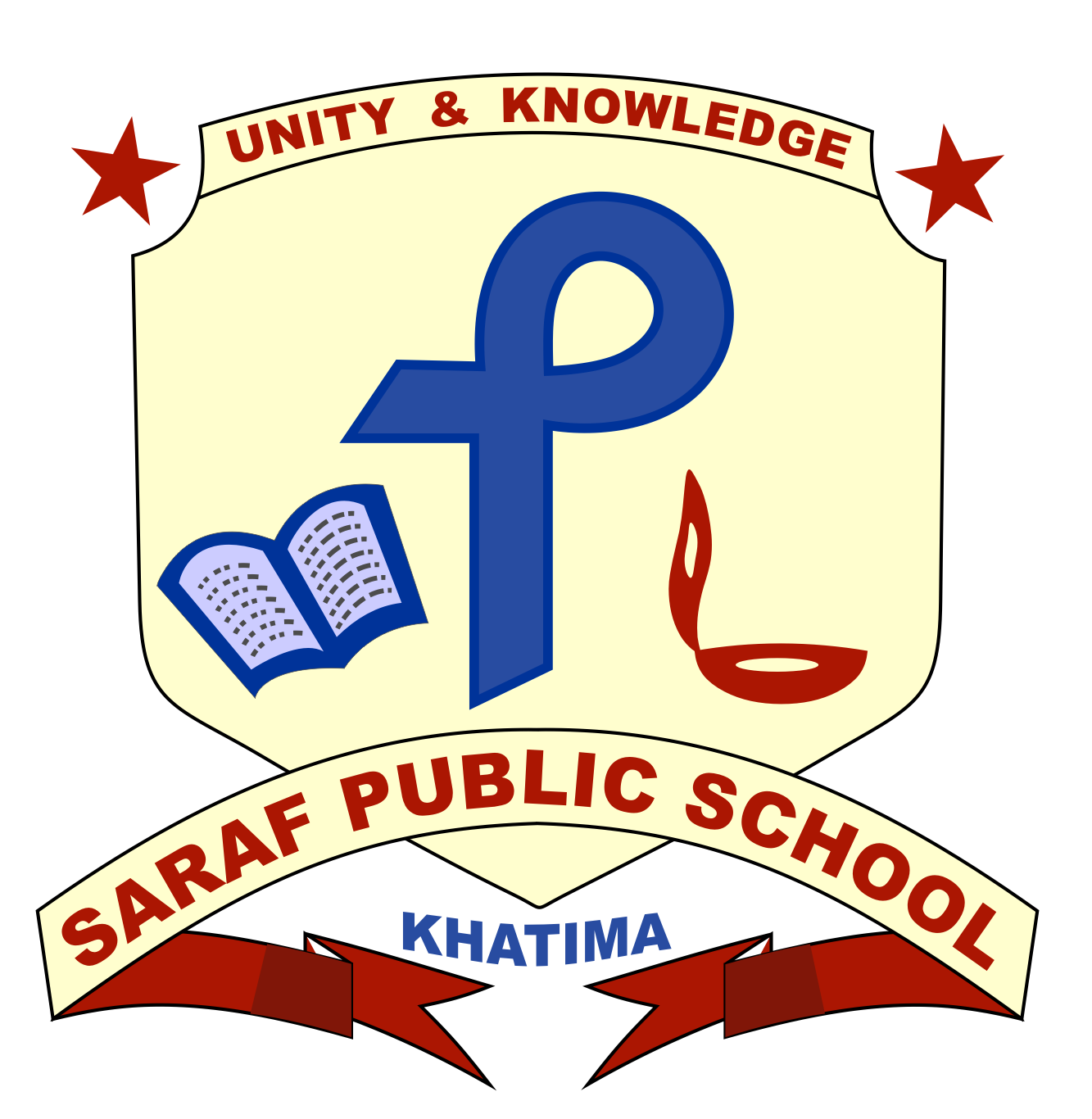Departments
I. ENGLISH
As a Department of English, we educate students to become better readers, writers, listeners, and speakers. We teach students to read for an investigative comprehension of essays, stories, novels, plays, and poems. We encourage students not merely to read for literal meaning, but to think critically and interpretatively about an author’s audience, premises, purposes, and rhetorical strategies. Our students learn to take pleasure in the construction of a writer’s imagination. Our students learn to write not only by adhering to conventions of rhetoric, spelling, grammar, and paragraph structure, but also by finding and displaying their emerging voices in compositions that express clear, distinctive ideas. We teach our students to proofread, edit, and revise their work. Our students learn the principles of research: how to actively weigh the quality of sources and accurately document those sources. We shape our classroom into seminars where relatively small groups of students pay close attention to texts, learn to make perceptive contributions to class discussion, and listen to each other while inquisitively sharing responses to literature. In a climate of collaboration and respect, our students learn how to think, write, and speak independently with logic, conviction, and imagination.
The English Society
The English Society meets several times each academic year in order to expand the literary horizons of our students by introducing them to the work of writers ‘on the scene’ in today’s literary world. We intend to invite authors and poets to visit the school throughout the year, delivering workshops and feature readings.
I. HINDI
स्कूल के हिंदी विभाग की प्राथमिकता हिंदी के साथ साथ संस्कृत है । पढ़ने और लिखने के माध्यम से हिंदी और संस्कृत के उपयोग को बढ़ावा देने के अलावा, स्कूल के अन्य विभागों की तरह हिंदी विभाग भी कई आयोजनों का आचरण करता है, जैसे की हिंदी सप्ताह और हिंदी दिवस ।
II. MATHEMATICS
The central goal of the SPS Mathematics Department is that all of our students appreciate and understand mathematics: the beauty, the structure and the usefulness. Problem solving (analysis, description, decision-making, prediction) is the key to a solid mathematical foundation, and we prepare our students by developing number sense, algebraic and geometric fluency, estimation skills, and the ability to predict and then analyze results. Setting-up and solving real world problems and communicating solutions in written, oral and graphical form is the bedrock to the learning and enjoyment of mathematics. It is our hope that all of our students will thereby find areas of mathematics which they admire and can put to use in their lives.
The Mathematics department aims to show something of the structural coherence and intrinsic beauty of Mathematics and to point towards its applications to a diverse range of phenomena in the scientific and human worlds. There is a coursework task, which help to exemplify ways in which Mathematics is actually used. Our teaching style is a blend of the best traditional and modern practices; pupils are encouraged to use the appropriate tools for each problem – a computer, a calculator or the back of an envelope! Computing software regularly used include spreadsheets, graph plotters and dynamic geometry packages.
Beyond the Classroom
Maths Competitions and Olympiads
The top 30 or so mathematicians in each year enter the National Mathematics Contests. Those who do well qualify for the follow-up Olympiad competitions, targeted at the top 500 pupils in each year across the country.
III. SCIENCE
The Science Department provides a K-12 program which stimulates enthusiasm for the subject, creates a community of students and scholars, and builds a solid foundation for the life-long appreciation of science.
The curriculum emphasizes problem solving, using methodical approaches and through intuitive reasoning, and the development of scientific literacy. Our goals include teaching students through hands-on, inquiry-based learning and through evaluating evidence and information. The department stresses the importance of research skills and quantitative reasoning using various methods of investigation including observation, comparison, experimentation, and interpretation of data. Our overarching objective throughout the curriculum is to foster students’ critical thinking skills, such as drawing conclusions, inferring relationships, solving problems and making predictions about the natural world. Ultimately, the Science Department is committed to showing students that science is interdisciplinary, has practical applications, and has to be understood in a larger cultural and societal context.
The Science Department at SPS aims to provide a scientific education that is enjoyable, interesting and intellectually challenging.
Whilst the skills developed through the study of the sciences are similar, there are significant differences between the three main branches, and so all pupils are taught by specialists within each department.
- Physics
- Chemistry
- Biology
Studying science is more than just learning a collection of facts and understanding ideas which may seem unrelated to modern life: it is rather a way of thinking. Pupils are taught to understand scientific principles and are then encouraged to apply them in new situations.
The courses offered include a considerable amount of practical work: this is to develop experience of the scientific method by evaluating explanations through experimental evidence. Pupils normally perform practical work or see demonstrations at least once per week.
We also want our pupils to be scientifically literate in the widest sense, and so we emphasize the social importance of scientific developments, and the factors that influence them. Historical and modern developments are studied so that pupils have an understanding of the role of scientific discovery in different cultures and of its moral, ethical and financial limitations.
IV. SOCIAL SCIENCE
Social science is, in its widest sense, the study of society and the manner in which people and organizations behave and impact on the world around us.
The Social Science Department covers three separate subjects – Economics, Politics and Business Studies.
The content of all three subjects is fluid – it can change every day and often does! These are subjects then that particularly appeal to students who are engaged with the world around them and who are interested in current affairs.
There are few ‘right answers’ in these subjects and students who are able to provide strong justifiable opinions, appreciate alternative arguments, inevitably perform well. As a result, students often combine these subjects with a variety of humanities subjects such as History, English, Foreign Languages and Geography, although for many they sit comfortably with Mathematics and Science.


